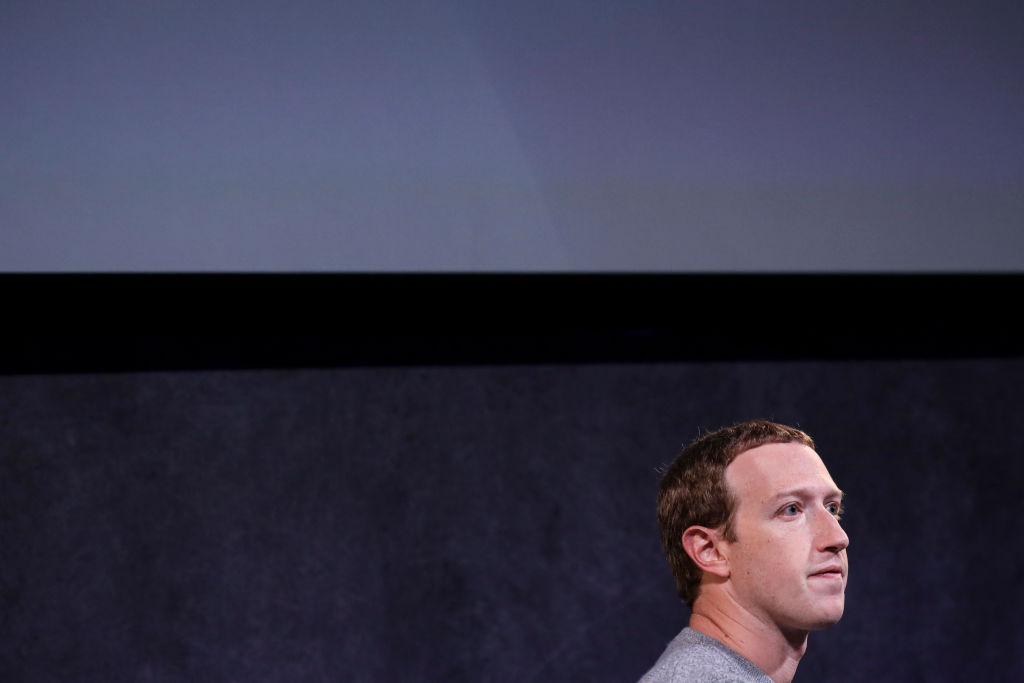Play all audios:
You might see fewer political ads on Facebook this year, but they might contain the same number of lies. The company announced Thursday that it was adding "a new control that will allow
people to see fewer political and social issue ads on Facebook and Instagram." But the company also stood by its policy of allowing politicians to run ads that contain false claims.
Rob Leathern, director of product management, touted Thursday "the principle that people should be able to hear from those who wish to lead them, warts and all, and that what they say
should be scrutinized and debated in public." Twitter, in contrast, decided last year to ban political advertising entirely. Facebook will also not restrict the microtargeting of
political ads, despite Google's decision last year to limit politicians' ability to reach people based on their political affiliations. Leathern said Facebook based its decision on
"a wide range of NGOs, non-profits, political groups and campaigns, including both Republican and Democrat committees in the U.S.” who told the company microtargeting let them reach
"key audiences." Critics argue the practice is "ideal for spreading divisive or misleading information," _The New York Times_ notes. SUBSCRIBE TO THE WEEK Escape your
echo chamber. Get the facts behind the news, plus analysis from multiple perspectives. SUBSCRIBE & SAVE SIGN UP FOR THE WEEK'S FREE NEWSLETTERS From our morning news briefing to a
weekly Good News Newsletter, get the best of The Week delivered directly to your inbox. From our morning news briefing to a weekly Good News Newsletter, get the best of The Week delivered
directly to your inbox. Facebook CEO Mark Zuckerberg has been doubling down on not fact-checking politicians in ads for months. In December he said that "people should be able to judge
for themselves the character of politicians" and "I don't think that a private company should be censoring politicians or news." Some Facebook employees have objected to
his stance. More than 250 signed an October letter to Zuckerberg that claimed this policy "doesn't protect voices, but instead allows politicians to weaponize our platform by
targeting people who believe that content posted by political figures is trustworthy." Explore More STEM Speed Reads

